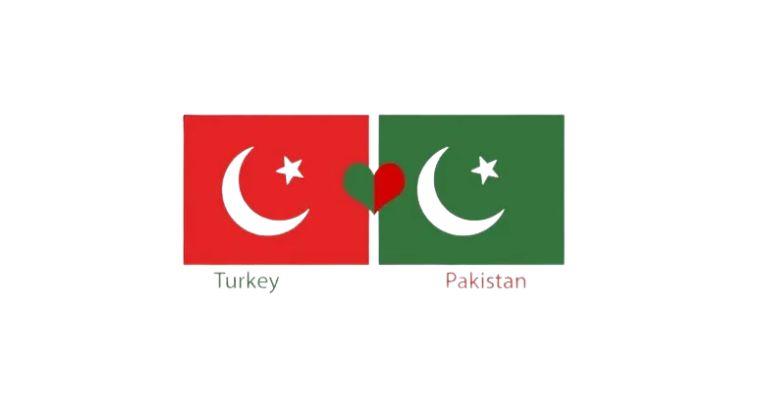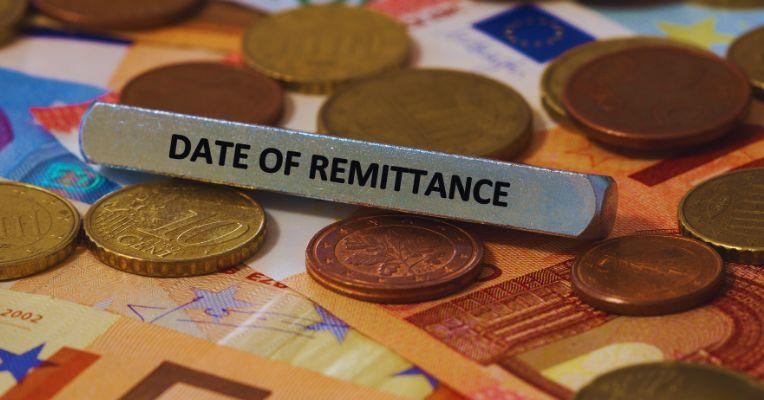Pakistan’s risk of default has seen a significant decline, as the Credit Default Swap (CDS) spread has dropped to a low of 505 basis points (bps), which is just 5.05%. This is a big improvement compared to the previous high of 12,388 bps in November 2022. This 93% drop shows that Pakistan’s ability to repay its debts has improved, and the country is in a much better financial position now.
What is a CDS Spread?
To understand the impact of this change, let’s first explain what a CDS spread is. A Credit Default Swap (CDS) is a kind of insurance that investors buy to protect themselves against the risk of a country or company failing to pay back its debts. The spread is the cost of this insurance. The higher the spread, the higher the perceived risk of default.
When Pakistan’s CDS spread was 12,388 bps in November 2022, investors thought there was a high risk of the country failing to meet its debt obligations. But now, with the spread falling to 505 bps, the risk of default has dramatically reduced.
Why Has Pakistan’s CDS Spread Fallen?
Several factors have led to this remarkable improvement:
| Factors Leading to Improvement | Impact |
|---|---|
| Better Debt Management | The government has improved its debt handling and payment systems. |
| Boosted Foreign Reserves | Pakistan has increased its foreign reserves, which makes it easier to pay debts. |
| Fiscal Discipline | Pakistan is controlling its spending better, improving its budget. |
| Restored Market Confidence | Investors now trust Pakistan more to pay back its debts. |
These changes have made Pakistan’s financial situation look much more stable and secure to international investors.
The Effect on Global Bonds and Investor Confidence
As a result of the improved CDS spread, Pakistan’s global bonds are doing much better. This means that investors are now more willing to buy Pakistan’s bonds because they believe Pakistan will be able to repay them. This rally in bonds shows that investor confidence in Pakistan’s economy is growing.
Khurram Schehzad, an advisor to Pakistan’s Finance Minister, has said that the lower CDS spread presents a great chance for Pakistan to enter global financial markets again. With global interest rates dropping, Pakistan can now borrow money at lower costs, which will help ease the country’s external financial pressures. This also strengthens Pakistan’s economy and makes it easier to attract investment.
What Does This Mean for Pakistan’s Economy?
The reduction in Pakistan’s CDS spread is a good sign for the country’s future. With a stronger credit profile and better financial conditions, Pakistan is now in a good position to attract investment and credit. This means that it will be easier for Pakistan to get the funding it needs for infrastructure projects, businesses, and economic development.
The decline in country risk premiums provides a timely opportunity for Pakistan. By borrowing at lower interest rates, the country can reduce its debt burden and have more money available for development. This is a positive step toward improving Pakistan’s overall financial health and boosting its economy.
Summary
In simple terms, Pakistan’s risk of default is now much lower than before, thanks to better management of the country’s finances. With the CDS spread dropping significantly, Pakistan is in a much stronger financial position. This improvement gives Pakistan the opportunity to borrow money at lower costs, making it easier to invest in future projects and grow the economy.
This positive shift in Pakistan’s financial health is not only beneficial for the government but also for businesses, investors, and citizens, as it strengthens the country’s overall economy.





